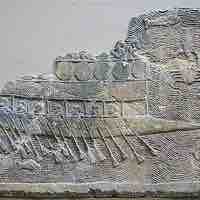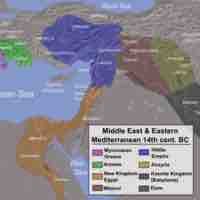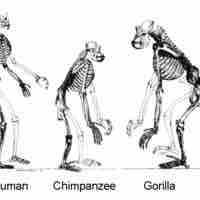Chapter 1
The Study of History and the Rise of Civilization
By Boundless
Periodization—the process of categorizing the past into discrete, quantified, named blocks of time in order to facilitate the study and analysis of history—is always arbitrary and rooted in particular regional perspectives, but serves to organize and systematize historical knowledge.
While various calendars were developed and used across millennia, cultures, and geographical regions, Western historical scholarship has unified the standards of determining dates based on the dominant Gregorian calendar.
While some primary sources are considered more reliable or trustworthy than others, hardly any historical evidence can be seen as fully objective since it is always a product of particular individuals, times, and dominant ideas.
Biases have been part of historical investigation since the ancient beginnings of the discipline. While more recent scholarly practices attempt to remove earlier biases from history, no piece of historical scholarship can be fully free of biases.

The Hittites were an ancient Anatolian people of the Bronze Age, who manufactured advanced iron goods, ruled through government officials with independent authority over various branches of government, and worshipped storm gods.

Known for their alphabet, the Phoenicians were an ancient Semitic maritime trading culture in the Mediterranean. They fell under both Persian and Hellenistic rule.

The Minoans were an Aegean Bronze Age civilization on the island of Crete that flourished between 2800-1450 BCE. They left behind extensive material culture showing the extent of their handicraft and influence upon Mycenaean culture.
The Sumerian people lived in Mesopotamia from the 27th-20th century BCE. They were inventive and industrious, creating large city-states, trading goods, mass-producing pottery, and perfecting many forms of technology.

The Assyrians were a major Semitic empire of the Ancient Near East, who existed as an independent state for approximately nineteen centuries between c. 2500-605 BCE, enjoying widespread military success in its heyday.
